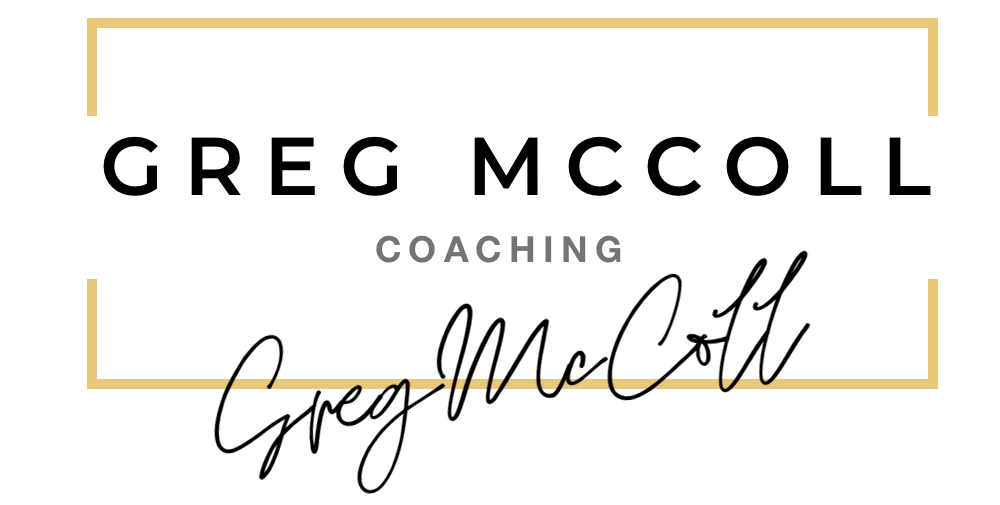The Mind
One Brain - Two Minds?
Understanding Your Mind
 The mind is our greatest tool and ally.
The mind is our greatest tool and ally.
It's power to analyse, it's cognitive abilities, are what took man from the realm of trees and savannahs into our modern world as we know it today. It is our greatest strength.
However, it can also be our greatest weakness. As an example, think of an athlete. Thousands of hours of training, at peak fitness, top of their game. Unbeatable. But, it only takes one doubt, one thought of vulnerability, one "what if" and the mind can reduce the perfect athelete to a quivering wreck.
That is the power of the mind.
The “Monkey” mind
 Chinese Buddhists called the voice in your head "the monkey mind" because they believe it acts like a restless monkey, swinging aimlessly from tree to tree, commenting on everything you do and how you should do it.
Chinese Buddhists called the voice in your head "the monkey mind" because they believe it acts like a restless monkey, swinging aimlessly from tree to tree, commenting on everything you do and how you should do it.
The "monkey mind"is a way to describe this internal chattering, non-constructive, often critical self talk we all experience in our day to day lives.
Controlling, and quietening this "monkey mind" is key to achieving mental calm and also peak performance in any field - Mental preparation as well as physical, technical preparation. Like the top athelete, there is no point in being prepared in every way, to be let down by mental doubts and questions, and not being able to deliver at the crucial time.
1 Brain, 2 Minds ?
 The conscious mind is traditionally associated with our left hemisphere of our brain. Our critical thought processes, logical and analytical reside here.
The conscious mind is traditionally associated with our left hemisphere of our brain. Our critical thought processes, logical and analytical reside here.
Our subconscious mind is more traditionally associated with our right hemisphere of our brain. The subconscious is more responsible for our feelings, emotions, abstract thinking, creativity and subconscious processes.
Having the correct balance between these "two minds", help us to lead happy, productive lives, excelling at the areas we focus upon and getting the results we want.
Who’s in Charge?
 Of the 2 minds who's actually in charge?
Of the 2 minds who's actually in charge?
When the balance is right the 2 minds work together, move us forward as "whole" individuals.
However, when one side or the other has too much input we are the out of balance.
Too much of what is traditionally thought of as the right hand hemisphere, "subconscious mind" and we lack focus and motivation.
Again, traditionally too much of the left hand hemisphere, "conscious mind", and we suffer from those pervasive negative thoughts, the anxiety, the voice in our head that analyses, criticises, telling us that we're not good enough.
So establishing and maintaining balance through techniques, mental tools and exercises helps us to achieve the balance we all need to achieve our goals and get what we want.
Making changes, Increasing options
![]() "Stuckness" is a great word to describe how we feel when we reach an impasse or have a problem.
"Stuckness" is a great word to describe how we feel when we reach an impasse or have a problem.
You might be "stuck" in your performance unable to master specific skills you need to progress to success or you may be "stuck" in a never ending cycle of negative thoughts and behaviours resulting in poor performance, bad habits, anxiety, or even depression.
Helping people to let go of this "stuckness" and helping them understand how they can change their thinking and change their minds to increase their resourcefulness and get the meaningful changes they want is what it's all about.
The Mind / Body connection
![]() The "mind" and "body" are inextricably linked. One affects the other.
The "mind" and "body" are inextricably linked. One affects the other.
This can be seen at the most basic level with blushing. An embarrassing "thought or emotion" generates a physical response - increased blood flow resulting in red cheeks! However, this has far more reaching consequences. Look at the posture and movements of someone who is depressed vs someone who is extremely happy.
Our physiology affects our state of mind and our state of mind affects our physiology.
With this in mind it is very important that we achieve both physical and mental excellence as one benefits the other.
For example, learning to recognise and control the breath activates the parasympathetic nervous system and vagus nerve resulting in increased sense of wellbeing and calm, increased HRV (Heart Rate Variability), and a lower stress response.
When we are stressed the body release a cocktail of chemicals, which over periods of time can bring about physical problems and disease. Learning how to deal with these stressors, helps to reduce the physical effects of stress on our bodies.

Tell me what you want
I don't know who you are, but i'll find you and i'll help you.
